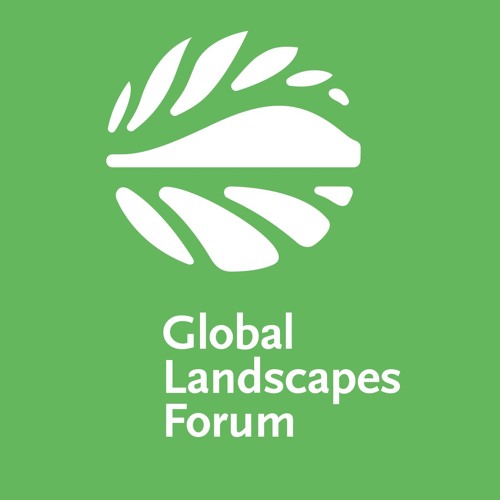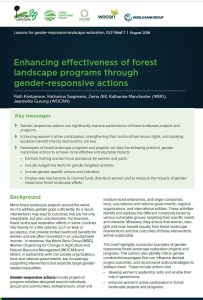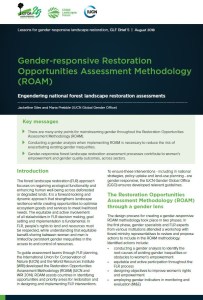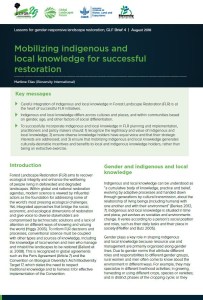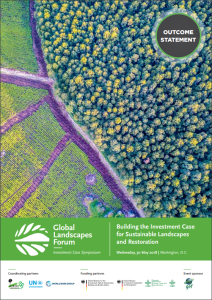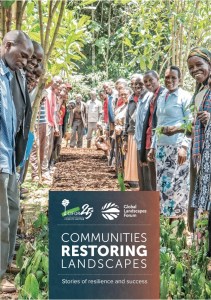Location
The Global Landscapes Forum (GLF) is a multi-stakeholder platform with a global secretariat led by CIFOR and core funding provided by the Government of Germany. The GLF accelerates action towards the creation of productive, prosperous, equitable and climate-resilient landscapes and the achievement of the UNFCCC Paris Agreement and Sustainable Development Goals (Agenda 2030). Charter members: Agronomique pour le Développement (CIRAD), Center for International Forestry Research (CIFOR), Conservation International, Ecoagriculture Partners, Evergreen Agriculture, Forest Stewardship Council (FSC), Global Environment Facility (GEF), Indigenous Peoples Major Group (IPMG), International Center for Tropical Agriculture (CIAT), International Centre for Integrated Mountain Development (ICIMOD), IFOAM - Organics International, International Network for Bamboo and Rattan (INBAR), International Union of Forests Research Organization (IUFRO), Rainforest Alliance, Rare, Rights and Resources Initiative (RRI), United Nations Environment Programme (UN Environment), Wageningen Centre for Development Innovation, part of Wageningen Research, World Agroforestry, World Wide Fund for Nature (WWF) Germany, Youth in Landscapes Initiative, World Bank Group
Members:
Resources
Displaying 21 - 25 of 31Enhancing effectiveness of forest landscape programs through gender-responsive actions
Many forest landscape projects around the world do not address gender gaps sufficiently. As a result, interventions may lead to outcomes that are not only inequitable, but also unsustainable. In response, the World Bank Group (WBG), Women Organizing for Change in Agriculture and Natural Resource Management (WOCAN) and others, in partnership with civil society organizations, local and national governments, are increasingly supporting interventions that explicitly target gender-related inequalities.
Gender-responsive Restoration Opportunities Assessment Methodology (ROAM): Engendering national forest landscape restoration assessments
The forest landscape restoration (FLR) approach is a forward-looking and dynamic approach that strengthens landscape resilience while creating opportunities to optimise ecosystem goods and services to meet livelihood needs. The equitable and active involvement of all stakeholders in FLR decision making, goal setting and implementation is fundamental.
Mobilizing indigenous and local knowledge for successful restoration
Forest Landscape Restoration (FLR) aims to recover ecological integrity and enhance the wellbeing of people living in deforested and degraded landscapes. Within global and national restoration agendas, modern science is viewed by influential actors as the foundation for addressing some of the world’s most pressing ecological challenges.
Outcome Statement of the 2018 Global Landscapes Forum Investment Case
Building on previous finance-focused Global Landscapes Forum events held in London in 2015 and 2016, the GLF 2018 Investment Case Symposium continued the multi-stakeholder conversation around sustainable financial solutions at landscape level.
The third GLF Investment Case was held on May 30, 2018 at the International Finance Corporation in Washington DC.
Communities restoring landscapes: Stories of resilience and success
This collection of 12 stories from women and men in nine countries in different parts of Africa shines a light on the efforts of communities, some of them decades-long, in restoring degraded forests and landscapes. The stories are not generated through any rigorous scientific process, but are nonetheless illustrative of the opportunities communities create as they solve their own problems, and of the many entry points we have for supporting and accelerating community effort.

